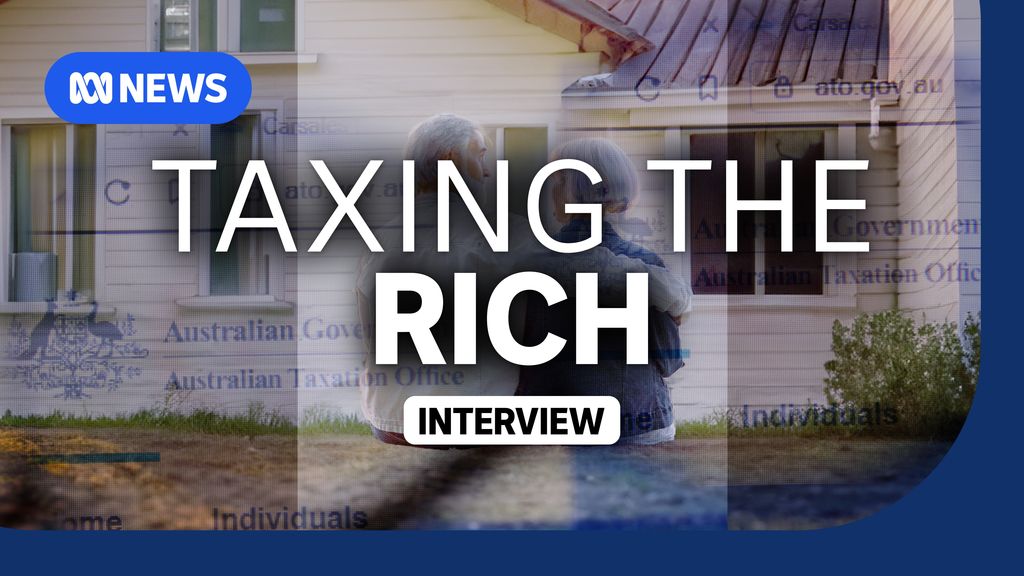
Why Australia Must Get Serious About Superannuation Tax Reform
Let’s talk about something that’s making headlines in Australia right now: the proposed changes to superannuation tax. I know “tax policy” doesn’t sound thrilling at first, but this issue cuts right to the heart of fairness, sustainability, and how we want our country to look in the future.
The Albanese Government is trying to implement a modest but meaningful change—an additional 15% tax on the earnings of superannuation accounts with balances over $3 million. That means earnings from anything above the $3 million mark would be taxed at 30% instead of the current 15%. To be clear, this affects less than half a percent of Australians—about 80,000 people. Yet the backlash has been intense.
So why is this important? According to Professor Robert Breunig, a leading tax expert at ANU, if this change fails to pass, we may lose the chance for any broader tax reform in the future. And let’s be honest—Australia desperately needs broader reform. Our tax system heavily benefits the wealthiest, especially older Australians with significant assets. Superannuation was never meant to be a tax shelter for millionaires or a vehicle to amass intergenerational wealth. It was designed to ensure people have enough to retire comfortably—not to pass on estates worth tens of millions tax-free.
Also Read:- First Look at the 2026 Jeep Cherokee: A Bold New Chapter Begins
- Netflix’s Dept. Q: A Dark, Gripping Gothic Thriller That’s Hard to Look Away From
Critics have called this a "wealth tax" or an attack on success, but let’s look at the numbers. Super tax concessions cost the government nearly $60 billion a year, and a huge chunk of that goes to people who don’t need help. At the same time, more than 3 million Australians live below the poverty line. That’s a stark contrast, and it’s morally indefensible.
Some opponents also claim the policy unfairly targets unrealised capital gains—meaning people might be taxed on paper profits from property or shares that haven’t been sold. But even this isn’t new. Land tax, for instance, works in a similar way. And there are ways to implement this without punishing anyone—allowing people to defer the tax until assets are sold, much like council rates for pensioners.
Another concern is that this threshold isn’t indexed, meaning more people could be affected in the future. But even by 2055, only the top 10% of retirees would be impacted. Meanwhile, younger Australians—the ones critics claim are being hurt—are actually the biggest beneficiaries of this policy. It shifts more of the budget burden onto wealthier, older Australians, rather than letting it fall entirely on the next generation.
Let’s not forget: most Australians retire with far less than $1 million in their super. If you’ve got over $3 million, you’re doing very well. Paying a little more tax on your earnings above that doesn’t make you a victim. It makes you part of the solution.
In the bigger picture, this change is a first step—an essential one. It opens the door to tackling other reforms, like moving from stamp duty to land tax, tightening the age pension means test to include the family home, or even ensuring aged care funding is more equitable.
This isn’t about punishing success. It’s about creating a fairer, more sustainable future for all Australians. And if we can’t take this small, targeted step toward fairness now, what chance do we have of tackling the big structural issues that lie ahead?
Read More:



0 Comments